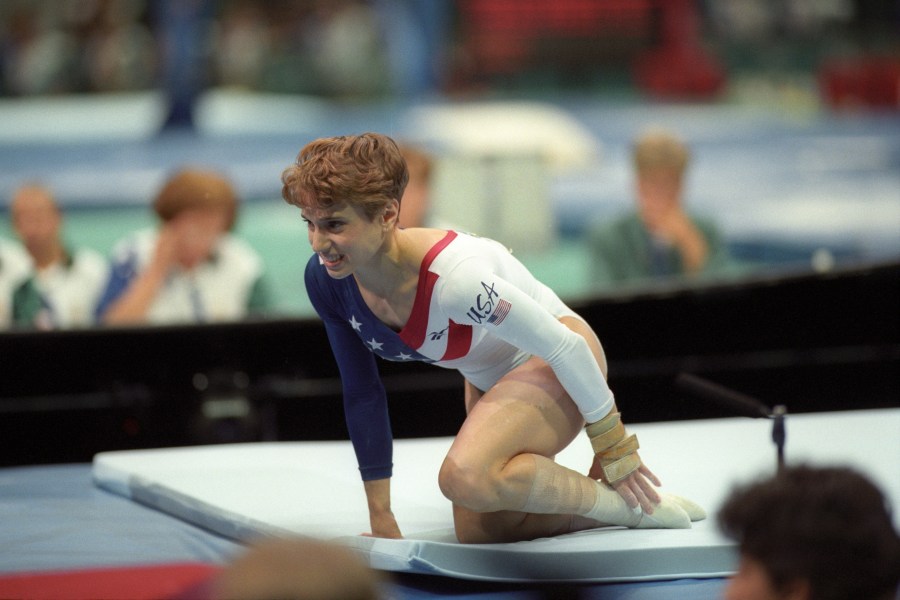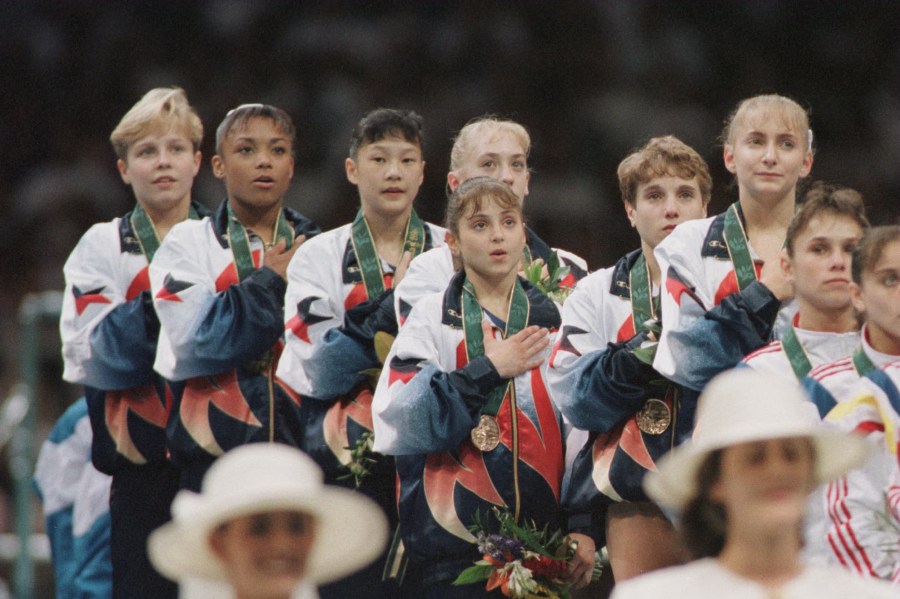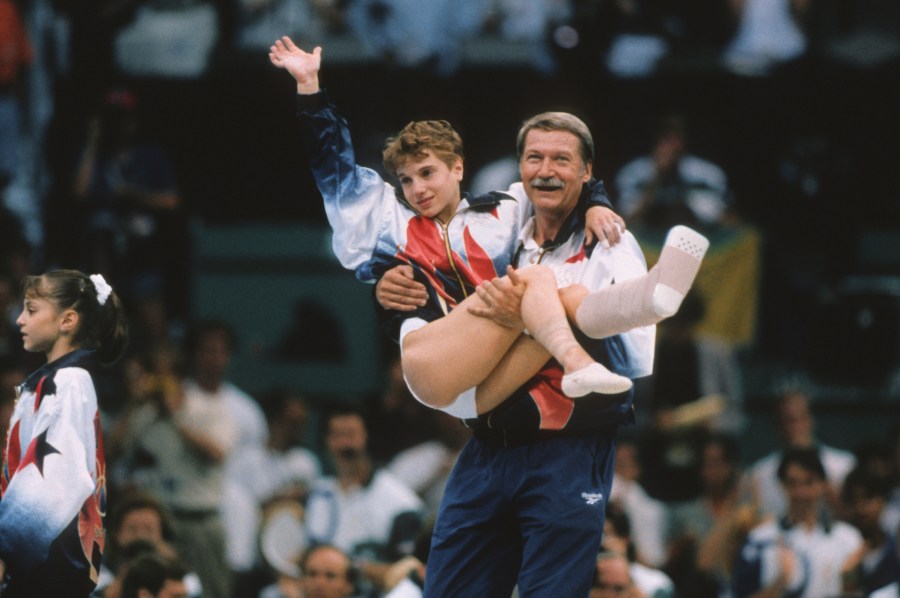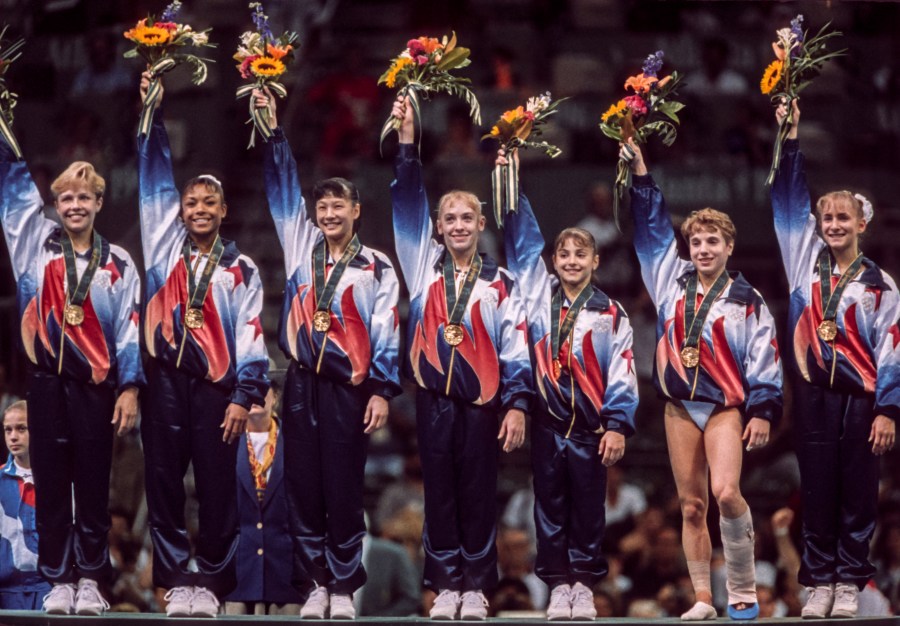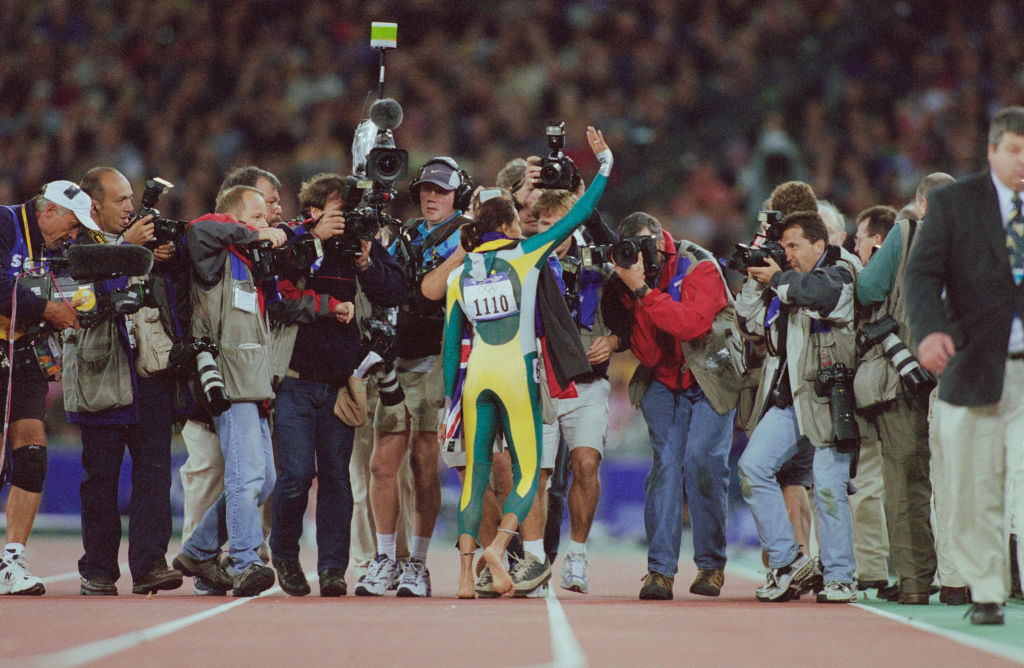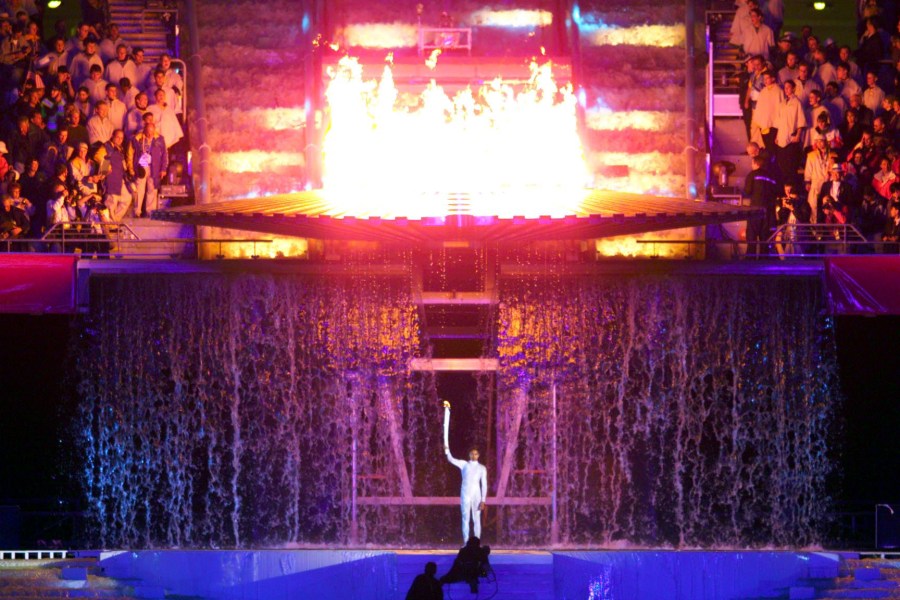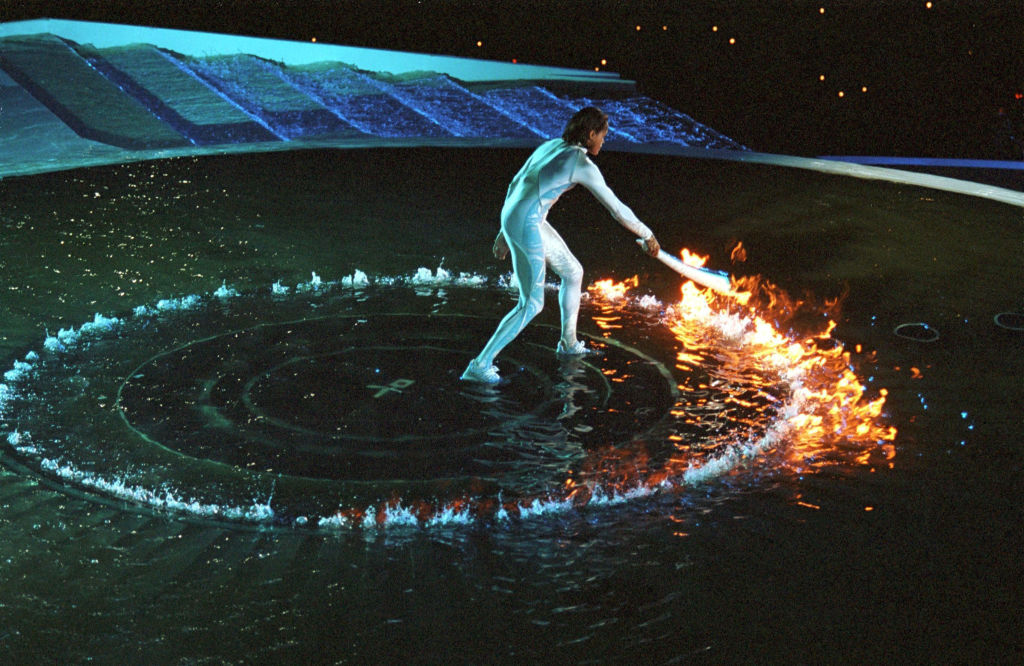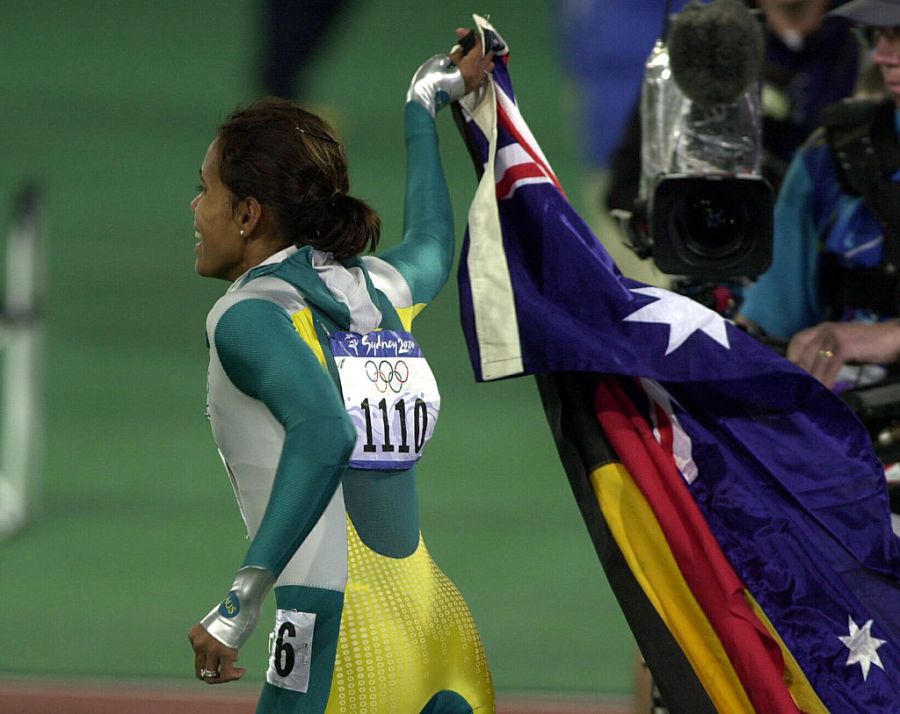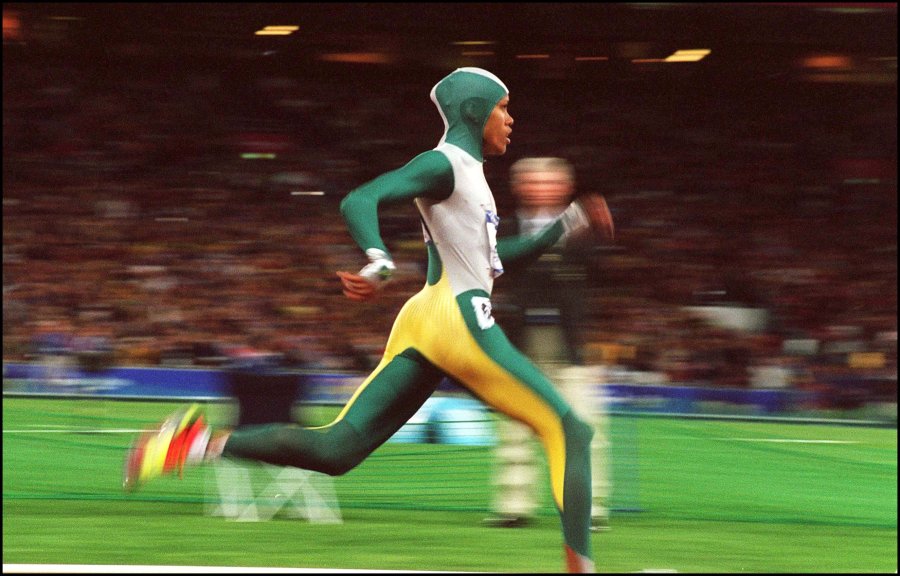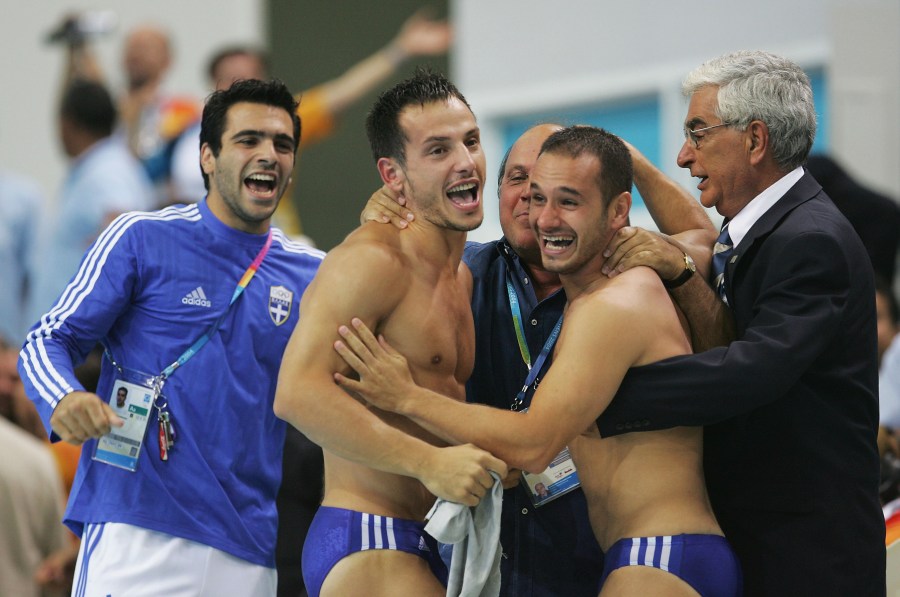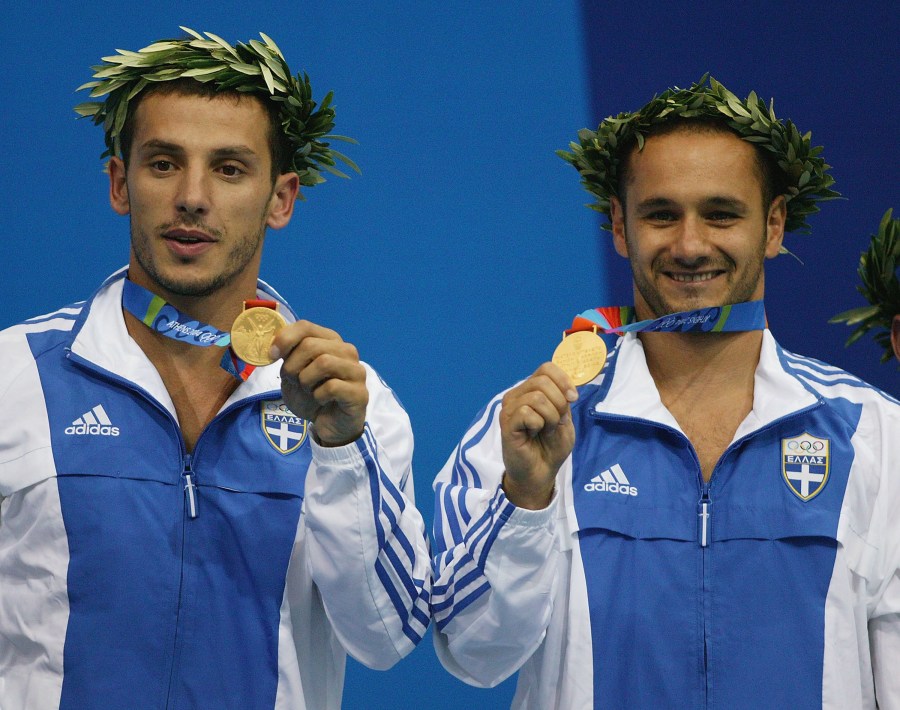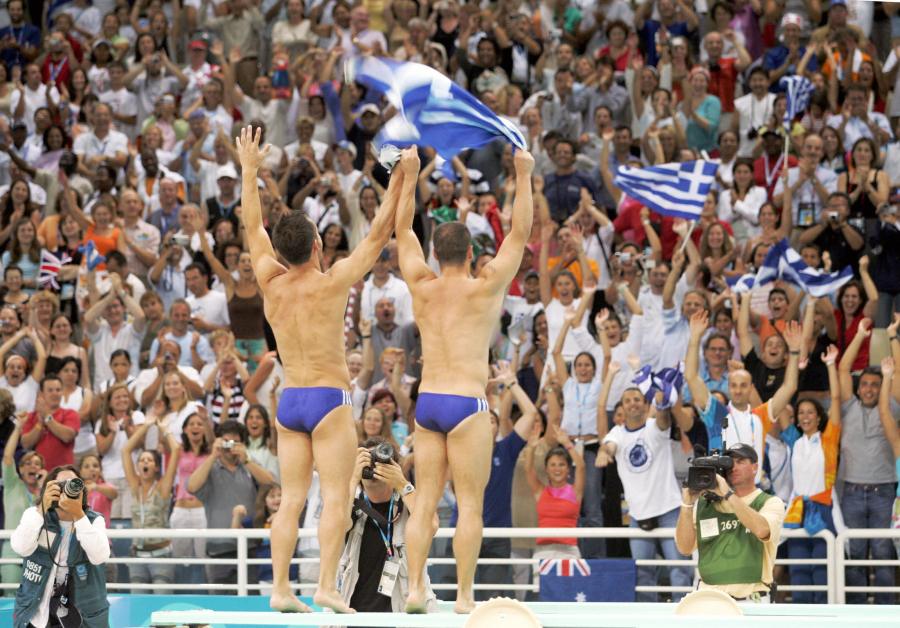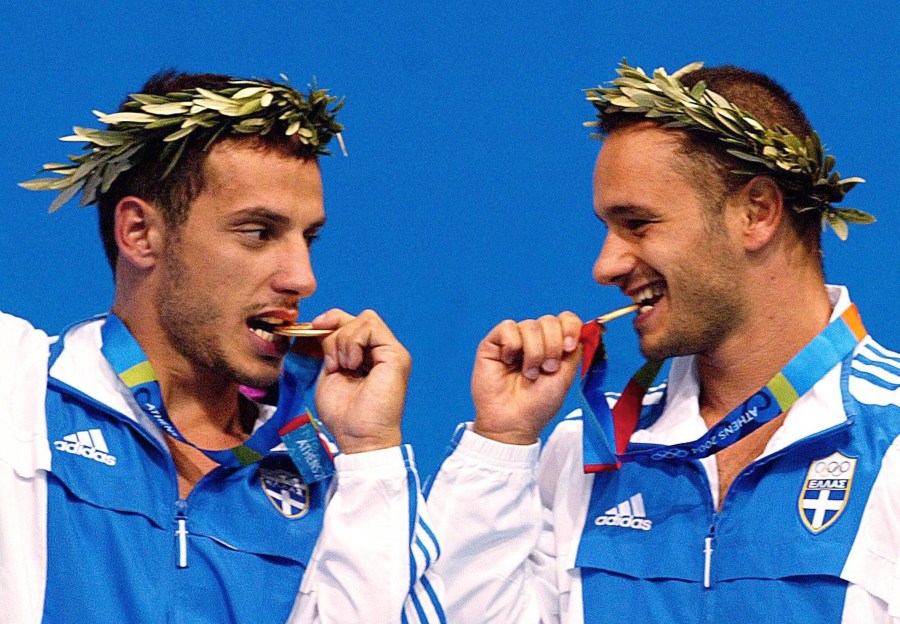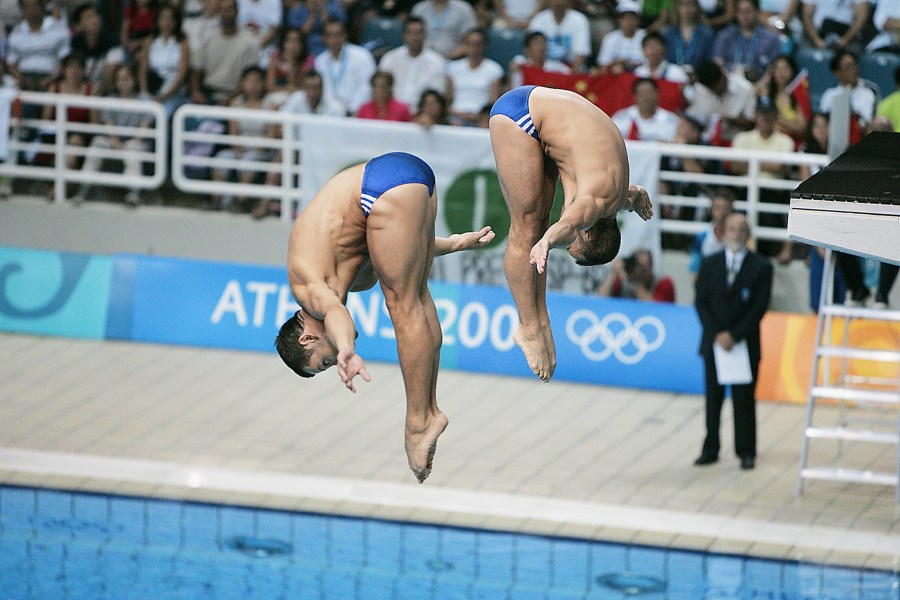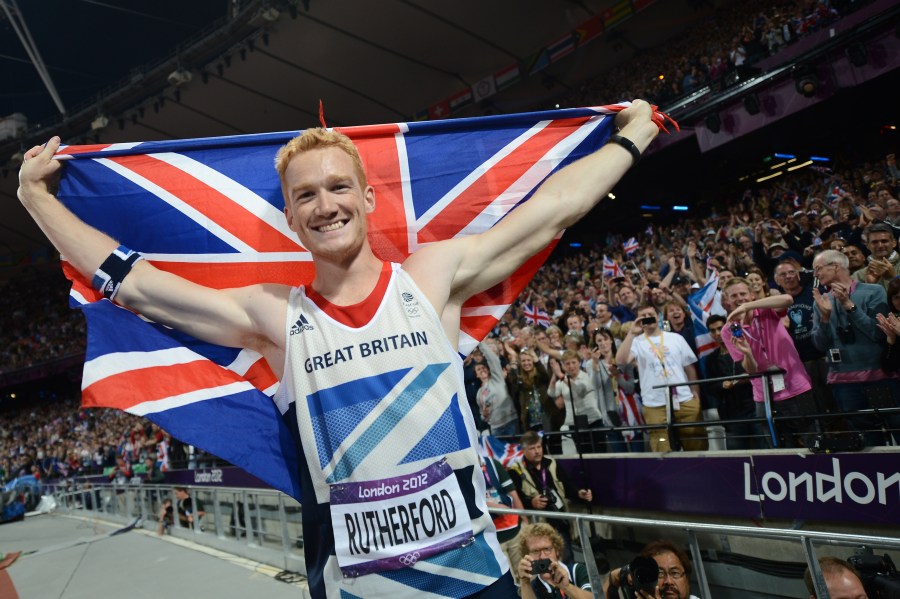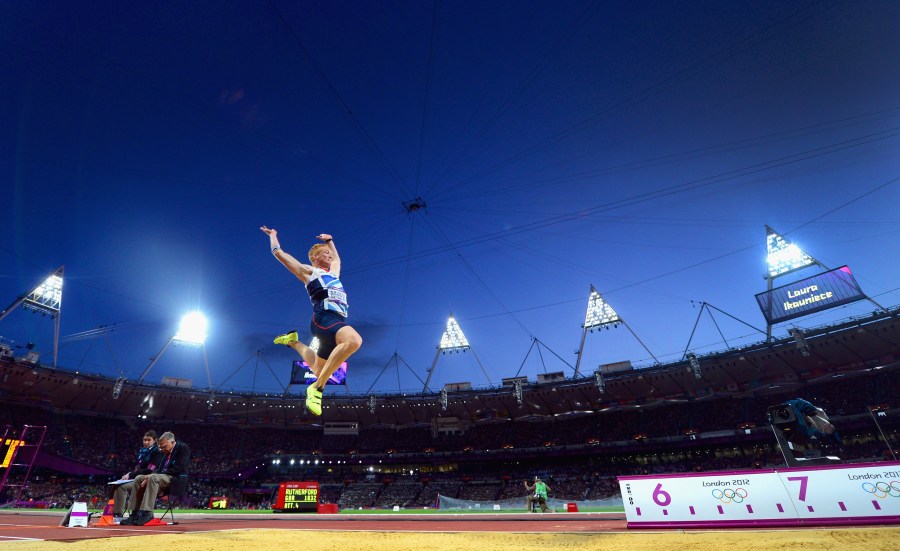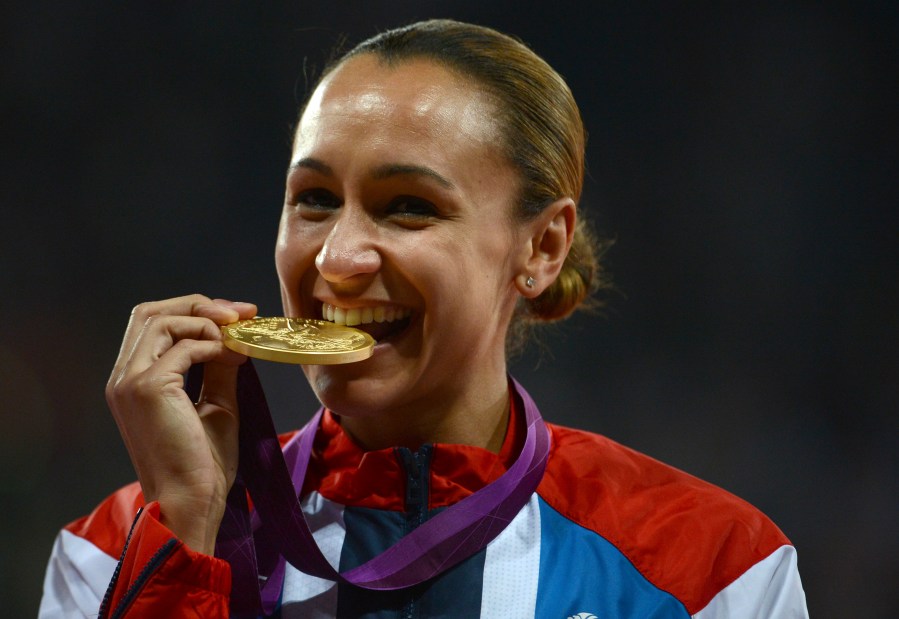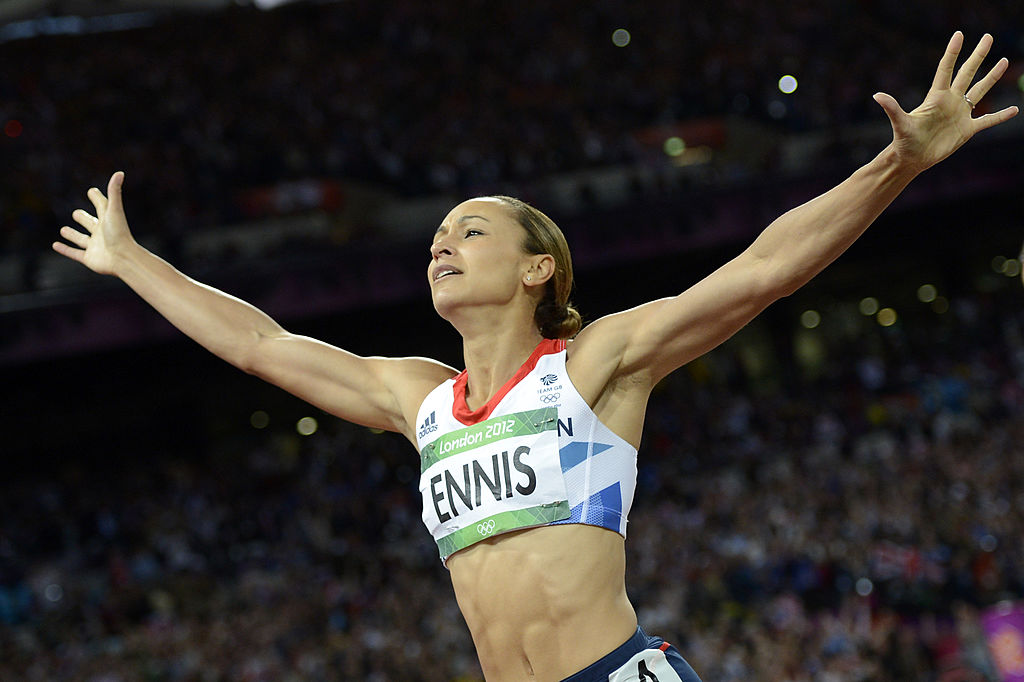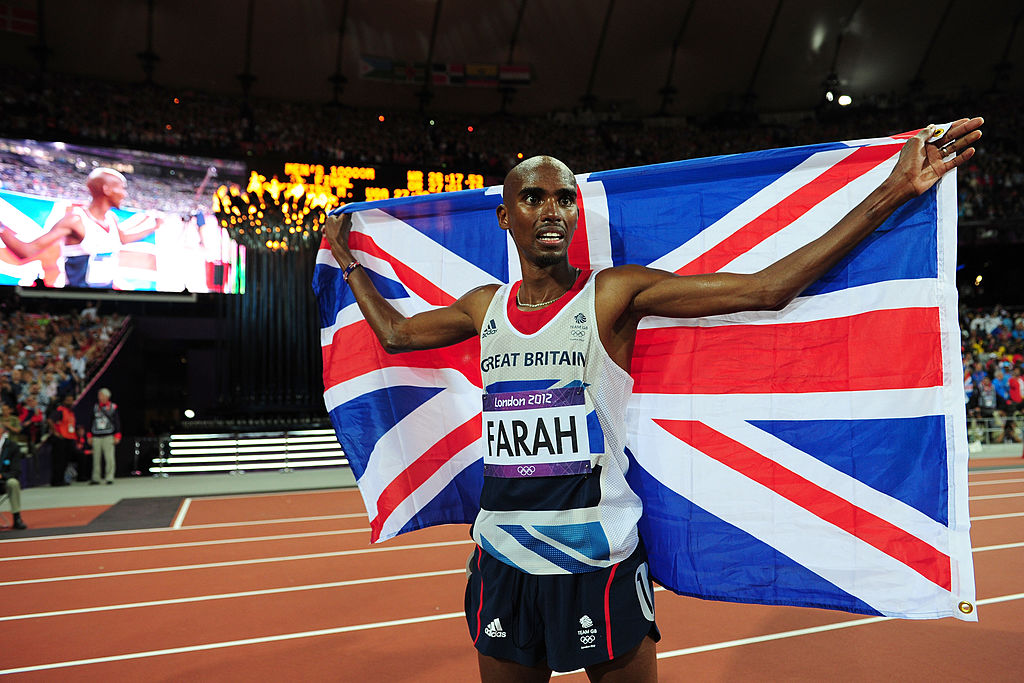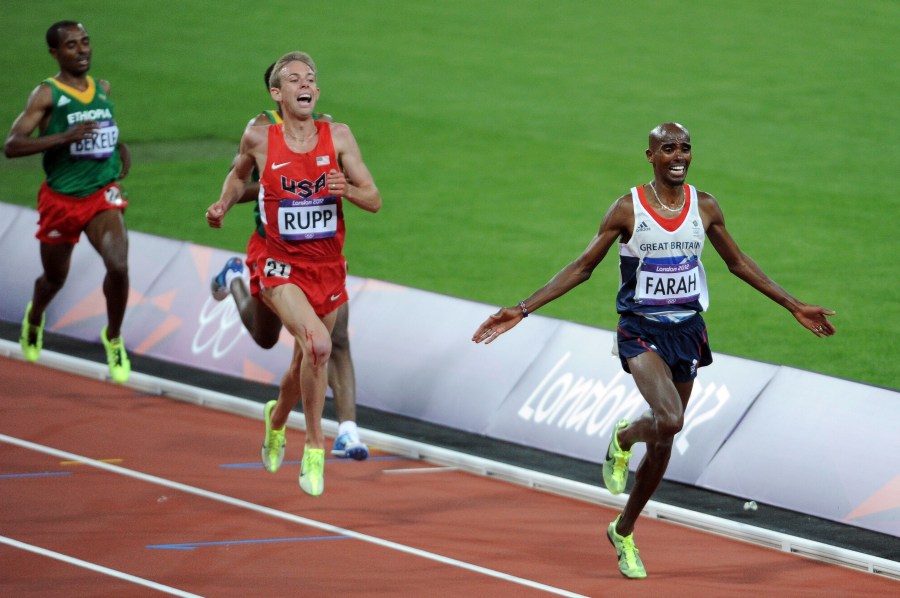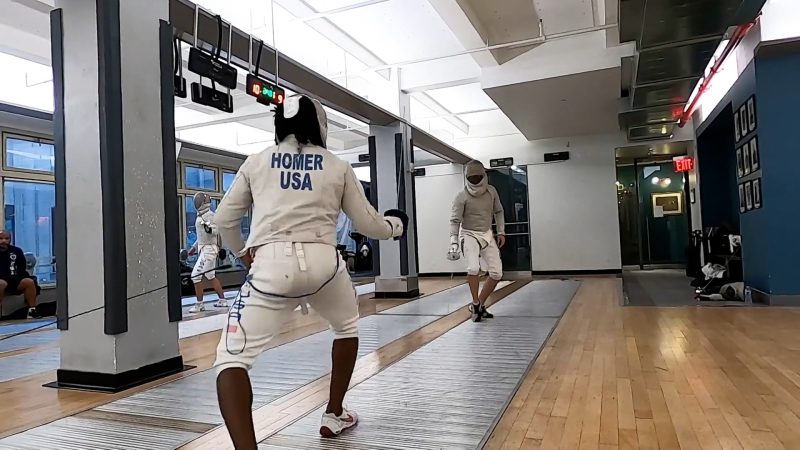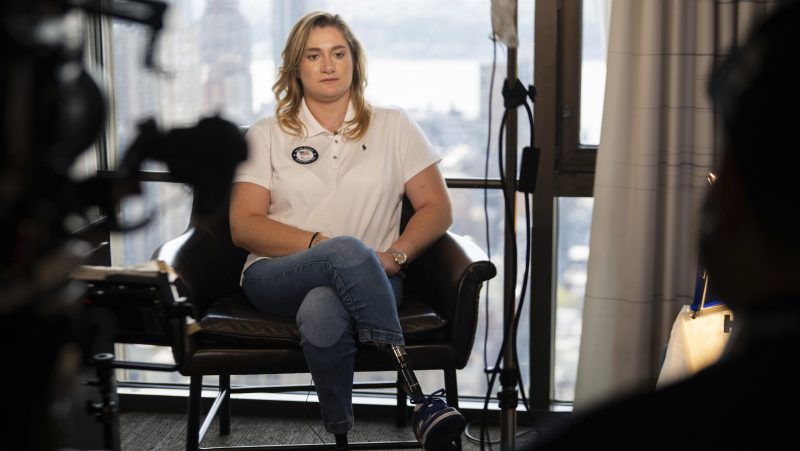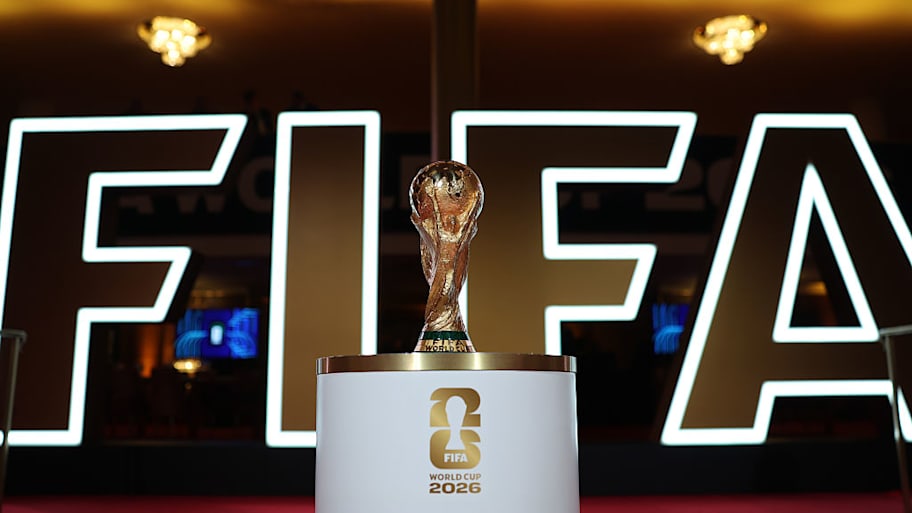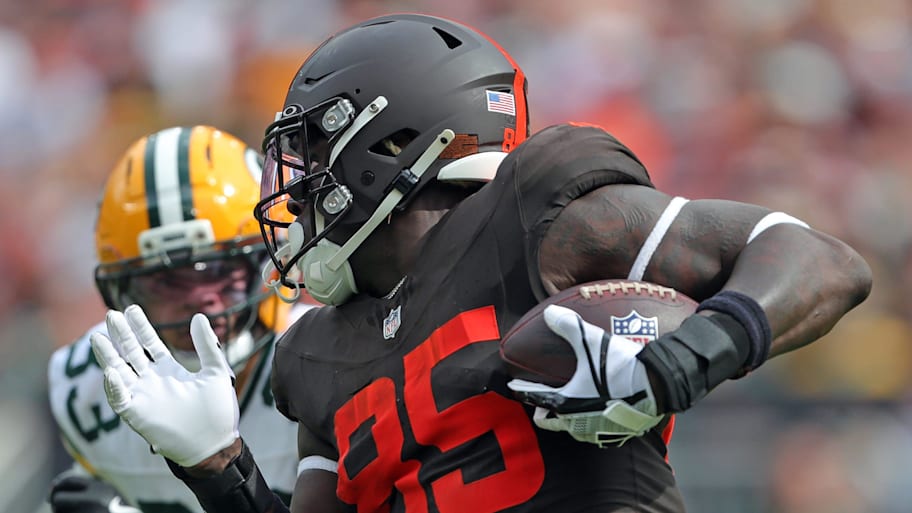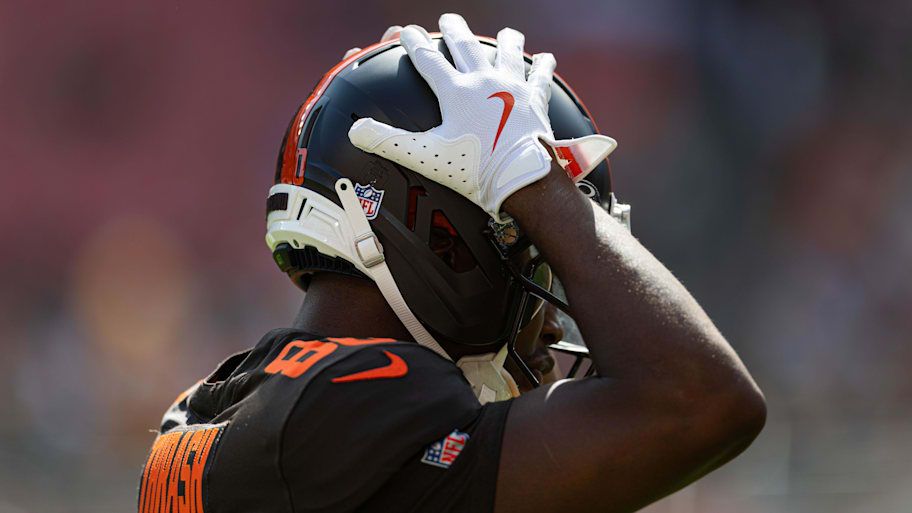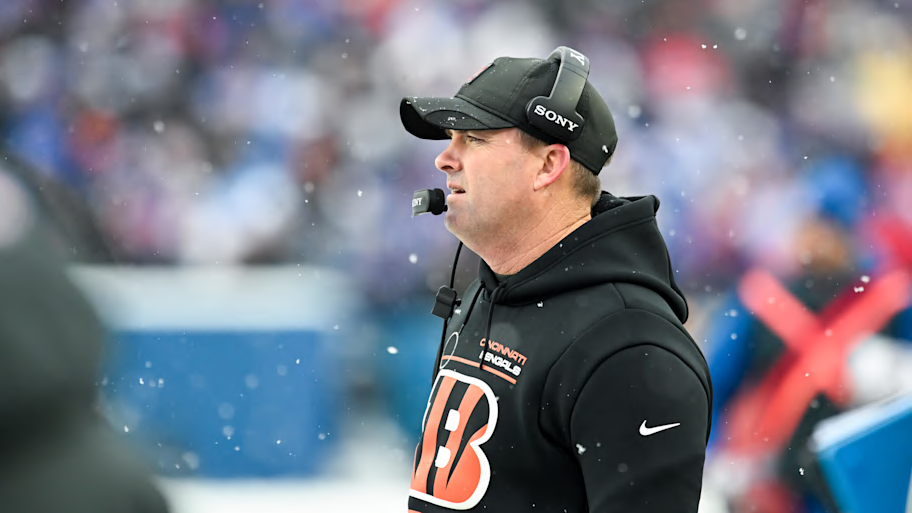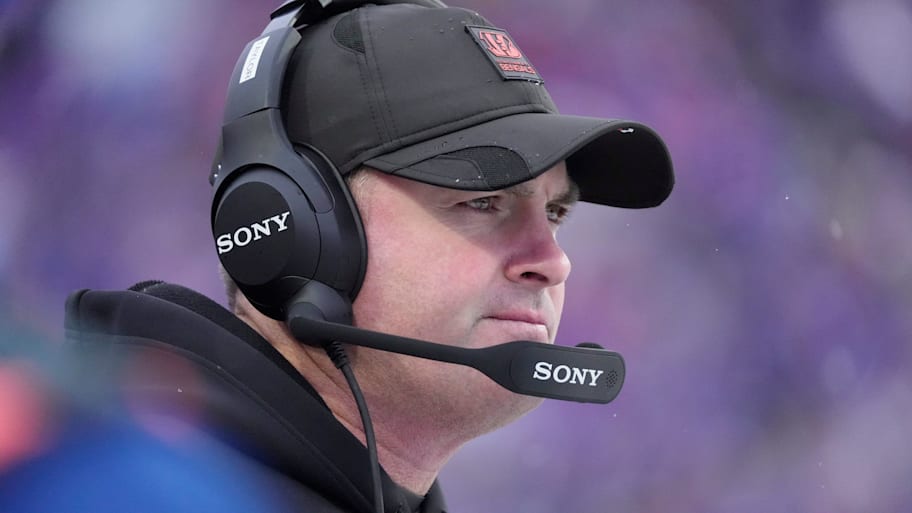COLUMBUS, Ohio (WCMH) — Home field advantage takes on a whole new meaning when it comes to the Olympics.
The host nation mathematically has the best chance of winning medals since it automatically qualifies an athlete or team to every sport and event. Japan placed third in the medals table when the Games were in Tokyo in 2021, winning 58 total and 27 gold.
With the home crowd as a backdrop, history has seen plenty of memorable moments where the host nation shines in the Olympic spotlight. As the Paris 2024 games approach, here’s a look at some of those noteworthy performances.
Tokyo 1964: Japan takes women’s volleyball gold
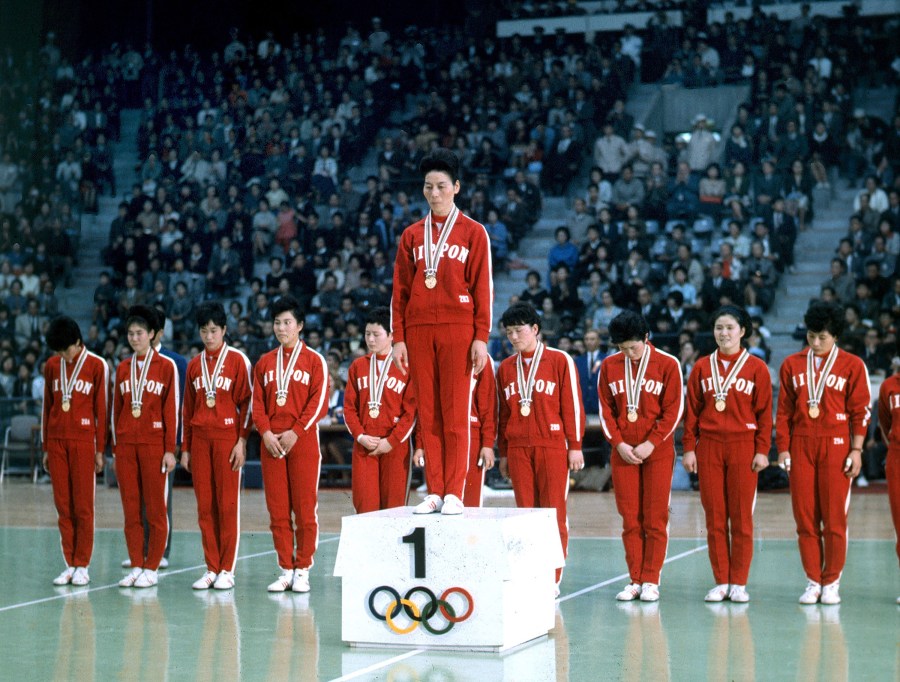
Nearly everyone who was near a television set in Japan tuned in to watch the host nation beat the Soviet Union in straight sets for the gold medal in women’s volleyball. To this day, it remains the most-watched sporting event in Japanese history.
The path to gold began a decade earlier at a textile factory in post-World War II Osaka, when a dozen women came together to form a volleyball team, led by a former company commander of the Japanese army named Daimatsu Hirofumi.
The squad, which would be known as “The Witches of the Orient,” went on to win 258 straight matches. Their success inspired a cult genre of manga comics and anime shows as well as a documentary film that came out ahead of the 2021 Olympics.
Atlanta 1996: The Magnificent Seven
From Michael Johnson’s record-setting performances on the track to the gold medal wins by the U.S. women’s soccer and volleyball teams, there are plenty of memorable American victories to choose from the Centennial Olympics. But the moment that likely sticks out for most fans from Atlanta 1996 was how the Magnificent Seven won the women’s team competition in gymnastics on July 23.
The United States team, consisting of Shannon Miller, Dominique Moceanu, Dominique Dawes, Kerri Strug, Amy Chow, Jaycie Phelps and team captain Amanda Borden, won the country’s first gold medal in the event, ending the Russian (and previous Soviet) stronghold on the competition that dated to the 1952 Games in Helsinki. The performance reached its climax when Strug stuck the landing of her second vault while injured to clinch the Olympic title.
Sydney 2000: Cathy Freeman’s run for glory
Imagine getting the honor of lighting the Olympic cauldron at your home Olympics, then just days later having to deliver on the expectations of a sporting nation in front of a crowd of thousands, with millions more watching on television. That’s what Cathy Freeman did for Australia at the Sydney 2000 games.
The 400-meter sprinter more than delivered in front of 112,000 fans at Olympic Stadium, winning in 49.11 seconds. The moment carried extra significance as it came at a time of reconciliation between indigenous and non-indigenous Australians. Freeman, remembered for carrying both the Australian national flag and the native Aboriginal flag during her victory lap, became the first Australian Aboriginal athlete to win an individual Olympic gold medal.
Athens 2004: A surprise Greek gold
For the first time since the modern Olympic movement began in 1896, the Games returned to its roots when they were held in Greece in 2004. The celebratory mood was dampened when two high-profile Greek sprinters, Kostas Kenteris and Katerina Thanou, who were favored to medal, had missed their respective drug tests before the Opening Ceremony.
On day three of competition, the Greeks had something to celebrate when Nikolaos Siranidis and Thomas Bimis won an unexpected gold medal in the final of the men’s 3-meter synchronized springboard diving event. The duo came from last place and took advantage of mistakes by the Chinese and American athletes, leading the crowd at the Olympic diving hall to erupt in song and dance amid chants of “Hellas!” It was the first of six gold medals won by Greece.
London 2012: A Super Saturday
Within 44 minutes at London’s Olympic Stadium, Great Britain took home three gold medals in track and field, electrifying the crowd of over 80,000 fans who will forever remember the evening of Aug. 4, 2012, as “Super Saturday”.
Jessica Ennis-Hill broke her British record to win the heptathlon, which was followed by Greg Rutherford grabbing gold in the long jump thanks to a fourth-round leap of 8.31 meters. The night was punctuated by Mo Farah finishing first in the 10,000 meters. He went on to claim the distance double by winning the 5,000m seven days later. The three Olympic titles on the track came on the same day that Team GB won golds in rowing and cycling.
Rio 2016: Neymar’s PK clinches Brazilian soccer gold

There were plenty of memorable medal moments for Brazil when it hosted South America’s first Olympics in 2016. But none meant more than the gold medal won in men’s soccer on the penultimate day.
Brazil had medaled at five previous Olympics and was coming off a loss to Mexico in the Olympic final at London 2012. On home soil, inside Maracana Stadium, the Brazilians faced Germany and were tied at 1 after 120 minutes, sending the match to penalty kicks.
It came down to Brazilian star Neymar converting the fifth and final kick to beat the Germans 5-4, earning the first gold medal in a sport that Brazilians had long been passionate about. Brazil went on to repeat its gold medal performance at the Tokyo Olympics five years later.
NBC4 Paris Olympics Previews
